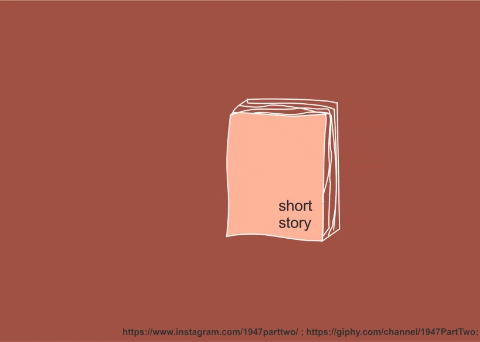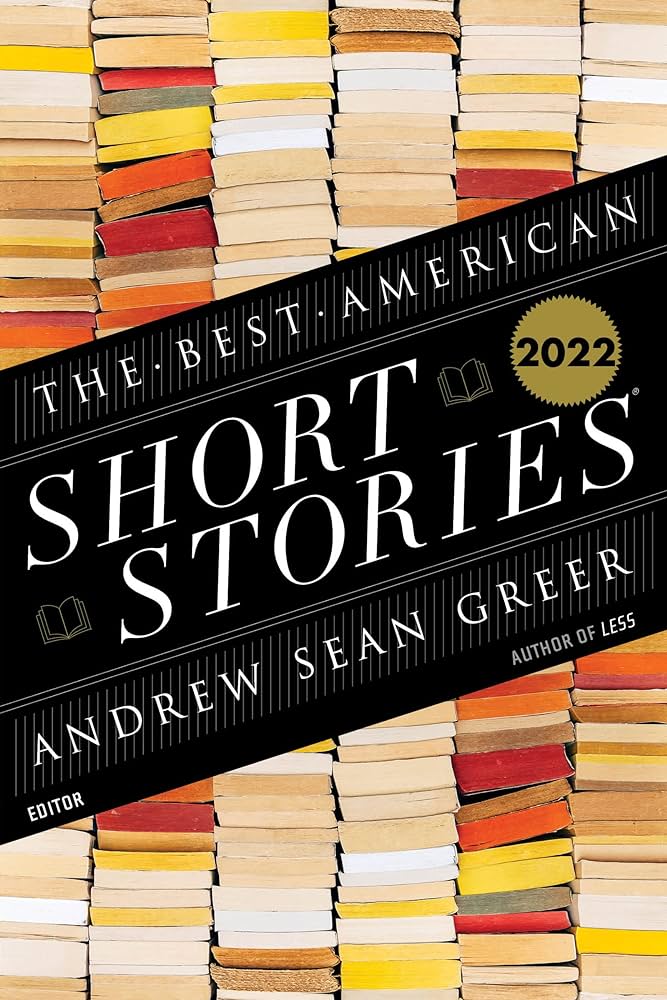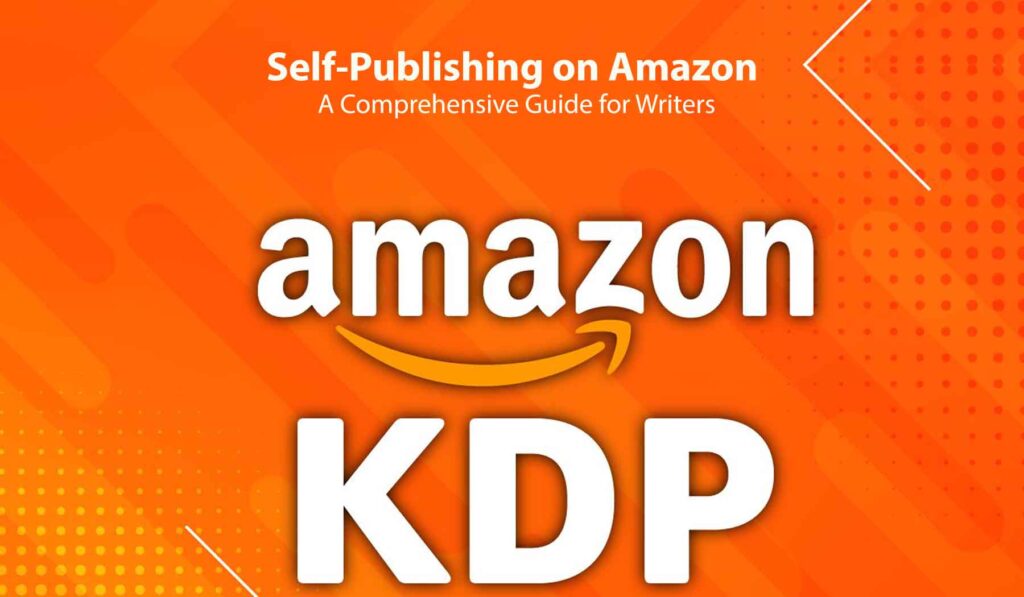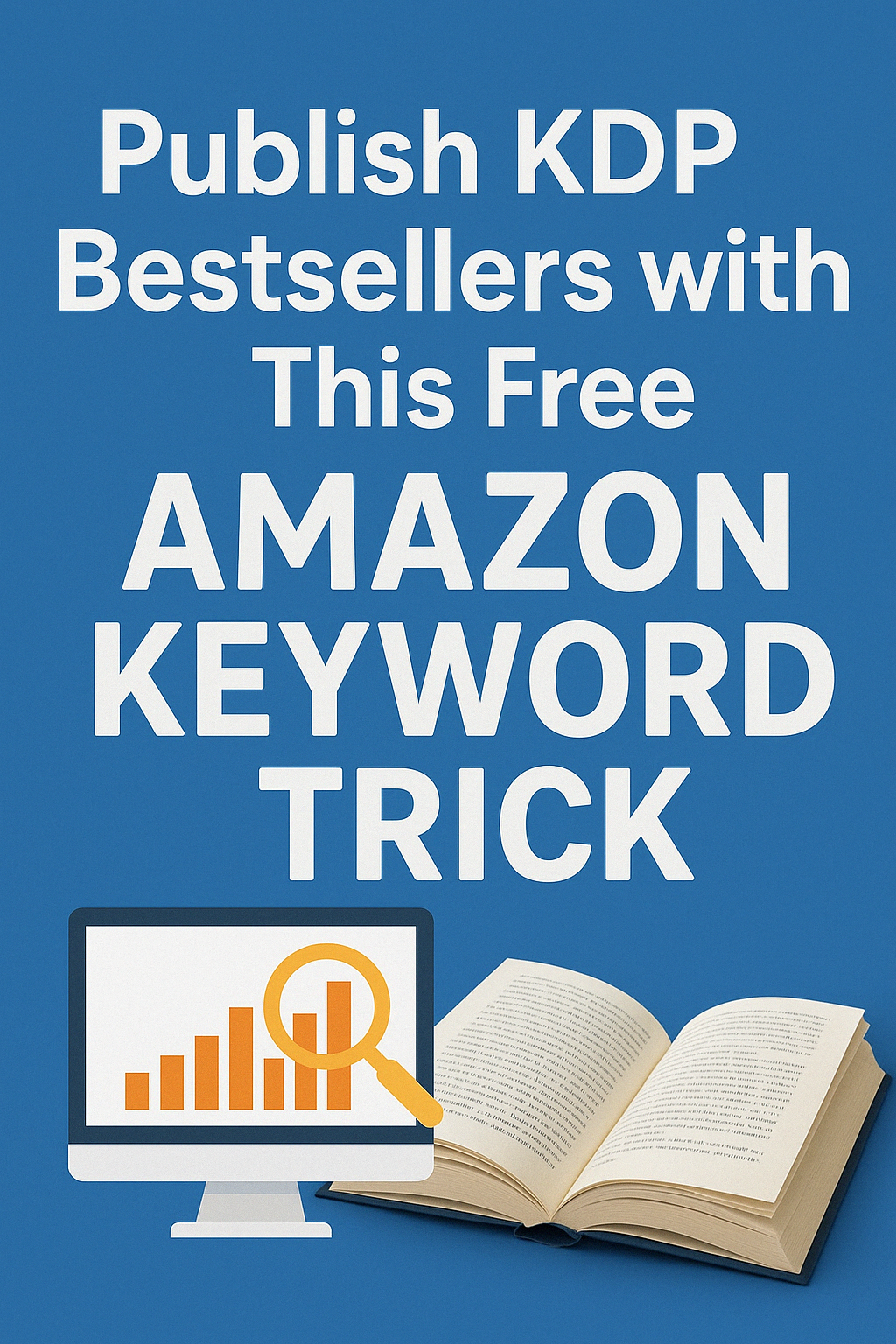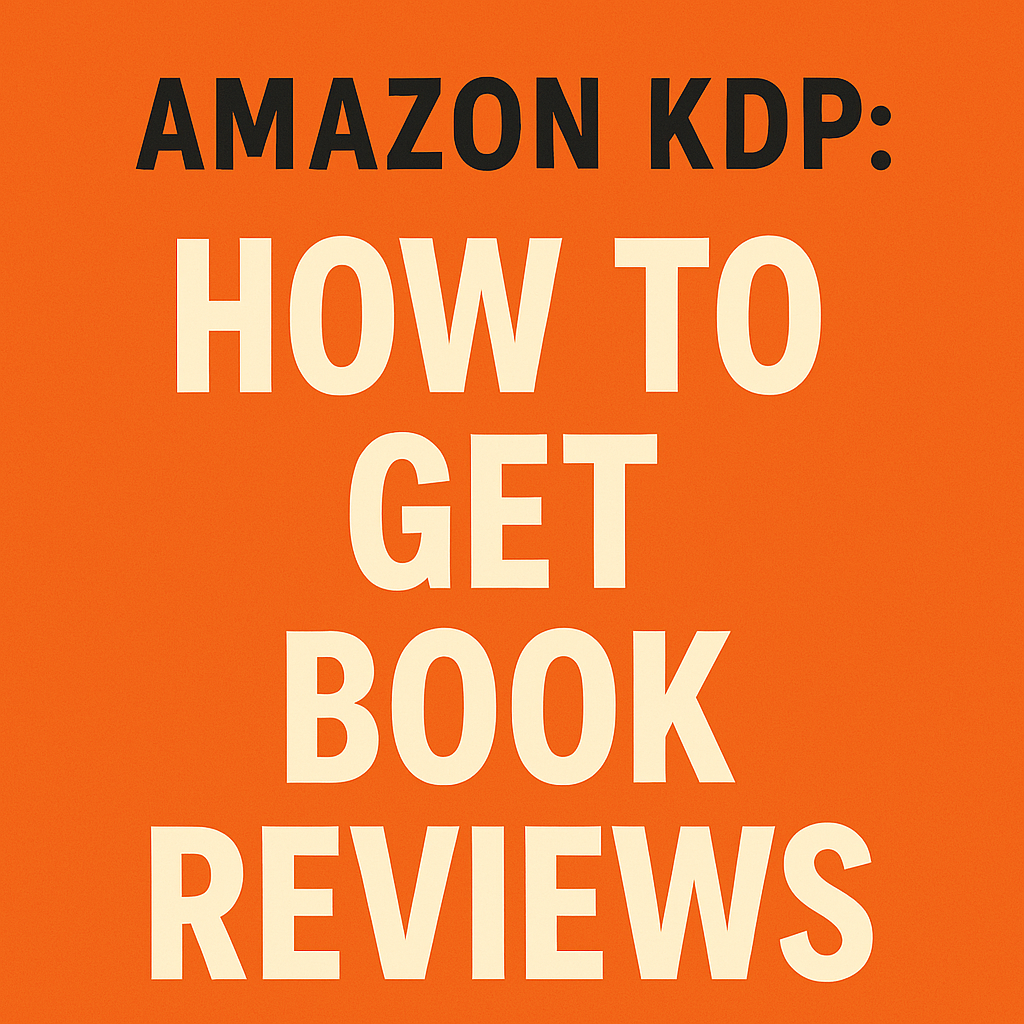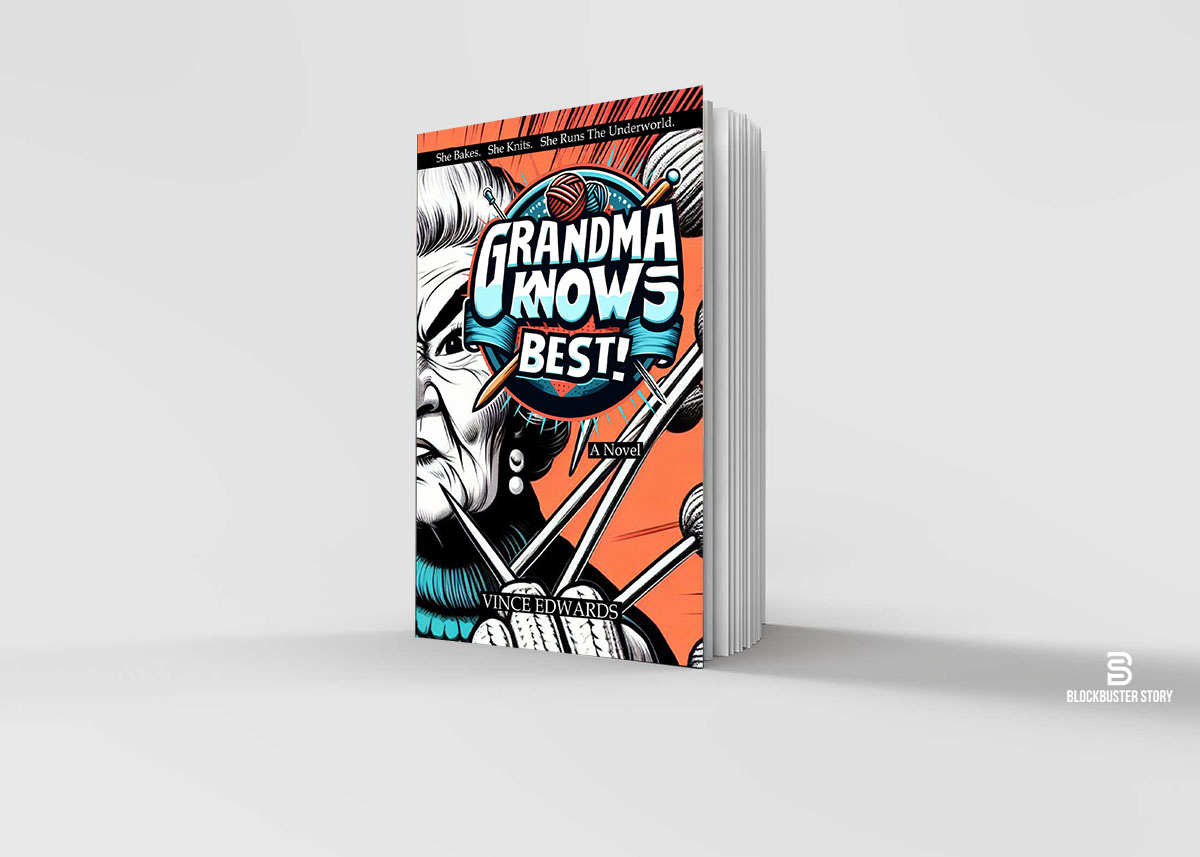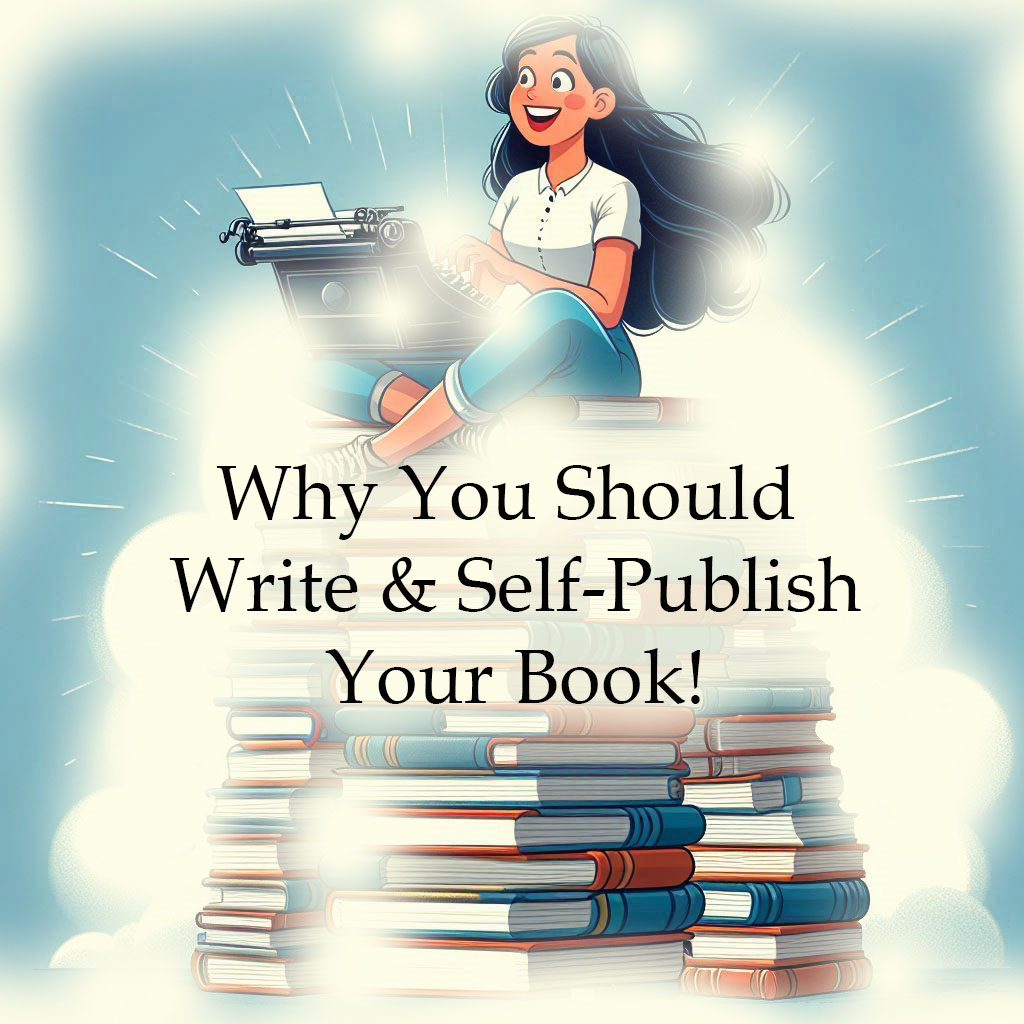Writing short stories is a form of literary expression that has captivated audiences for centuries.
From the tales of Edgar Allan Poe to the modern works of Alice Munro, short stories have held a unique place in the literary world.
But for contemporary writers, a pressing question often arises: can you sell a short story you wrote?
The answer is a resounding yes. However, selling a short story involves understanding the marketplace, the value of your work, and the various avenues through which you can sell it.
Let’s explore the potential for selling short stories, the different platforms and methods available, and strategies to maximize success.
Understanding the Market for Short Stories
The market for short stories is diverse and multi-faceted.
Unlike novels, which typically have a clear path to publication through book deals with publishers, short stories often find their homes in magazines, literary journals, anthologies, and online platforms.
Each of these venues has its own set of expectations, audiences, and payment structures.
Literary Magazines and Journals
Literary magazines and journals are traditional venues for short stories.
Publications like The New Yorker, Harper’s Magazine, and The Atlantic are prestigious platforms that publish short stories.
There are also numerous literary journals, both in print and online, that cater to different genres and styles. These include Tin House, Ploughshares, and A Public Space.
The acceptance rates for these magazines can be very low due to high competition, but they often pay well and provide significant exposure.
Anthologies
Anthologies are collections of short stories, often centered around a theme, genre, or author.
They can be a great way to sell short stories, especially if your work fits a particular niche.
Anthologies can be published by traditional publishers or as independent projects. Some well-known examples include the annual Best American Short Stories and The O. Henry Prize Stories.
Online Platforms
The rise of the internet has opened new avenues for selling short stories.
Websites like Wattpad, Medium, and Substack allow writers to publish their work and reach a global audience.
While these platforms often operate on a free-to-read basis, they can lead to monetization opportunities through ad revenue, paid subscriptions, and tips from readers.
Self-Publishing
Self-publishing has become a viable option for short story writers, thanks to platforms like Amazon Kindle Direct Publishing (KDP), Smashwords, and Lulu.
Self-publishing allows writers to maintain full control over their work and earn a higher percentage of royalties.
However, it also requires the writer to take on the responsibilities of editing, marketing, and distribution.
Evaluating the Value of Your Work
Before attempting to sell a short story, it’s important to evaluate its quality and marketability.
This involves a combination of self-assessment, feedback from others, and understanding the market trends.
Quality of Writing
A well-crafted short story should have compelling characters, a clear plot, and a unique voice.
It should engage the reader from the first sentence and leave a lasting impression. Writers often refine their stories through multiple drafts and revisions.
Seeking feedback from fellow writers, writing groups, or professional editors can provide valuable insights and help improve the story.
Market Trends
Understanding current market trends can help writers identify where their stories might fit.
This involves researching which genres and themes are popular, which publications are actively seeking submissions, and what type of stories have been successful in the past.
For example, speculative fiction and horror have seen a resurgence in recent years, while literary fiction remains a staple in many prestigious magazines.
Submission Guidelines
Each publication has its own submission guidelines, including length requirements, formatting, and preferred genres.
Adhering to these guidelines is crucial for increasing the chances of acceptance.
It’s also important to keep track of submission deadlines and any fees that might be associated with submitting to certain magazines or contests.
Strategies for Selling Short Stories
Successfully selling a short story often requires a combination of persistence, networking, and marketing.
Here are some strategies to consider:
Persistence
Rejection is a common part of the writing process. Even well-established authors face rejection.
The key is to keep submitting and not get discouraged.
Maintaining a submission tracker can help manage submissions and follow-ups.
Simultaneous submissions (submitting the same story to multiple publications) are generally acceptable, but always check each publication’s policies.
Networking
Building connections within the literary community can open doors to opportunities.
Attending writing workshops, literary festivals, and conferences can help writers meet editors, agents, and fellow writers.
Online communities and social media platforms like Twitter and LinkedIn are also valuable for networking and staying updated on submission calls and writing contests.
Marketing and Promotion
If you choose to self-publish, effective marketing and promotion are essential.
This includes creating an author website, engaging on social media, and building an email list.
Book reviews, blog tours, and promotional giveaways can also help attract readers.
Even for stories published in magazines or anthologies, promoting your work through personal channels can increase visibility and readership.
Contests and Awards
Entering writing contests can provide both monetary rewards and recognition.
Many contests offer cash prizes, publication, and the prestige of winning. Notable contests for short stories include the Pushcart Prize, the Bridport Prize, and the Writer’s Digest Short Short Story Competition.
Winning or placing in a contest can significantly boost a writer’s profile and credibility.
The Role of Agents and Rights
While literary agents primarily represent novelists, some agents do work with short story writers, especially those with a collection of stories or those who write in genres with strong markets.
An agent can help navigate contracts, negotiate better terms, and find additional opportunities for your work.
Understanding Rights
When selling a short story, it’s important to understand the different types of rights you may be granting.
These include:
- First Serial Rights: The right to publish the story for the first time. After publication, the rights revert to the author.
- Reprint Rights: The right to publish the story again after it has already been published elsewhere.
- Electronic Rights: The right to publish the story in electronic formats.
- Anthology Rights: The right to include the story in a collection or anthology.
Being clear about which rights you are selling and ensuring you retain as many rights as possible for future use is crucial.
For example, retaining electronic rights can allow you to self-publish the story online later.
Financial Considerations
The payment for short stories can vary widely depending on the publication and the writer’s experience.
Prestigious magazines may pay hundreds or even thousands of dollars per story, while smaller journals might offer modest honorariums or contributor copies.
Self-publishing can lead to higher earnings per sale, but requires more upfront investment in terms of time and money for editing, cover design, and marketing.
Earnings Potential
While it’s possible to earn a substantial income from short stories, for most writers, it forms part of a larger portfolio of writing-related income.
Many successful short story writers also write novels, teach writing, or work as freelance writers.
Diversifying income streams can provide financial stability while pursuing a passion for short fiction.
Royalties and Advances
For stories included in anthologies or collections, writers might receive an advance against royalties.
Royalties are typically a percentage of the sales, and the advance is an upfront payment that is deducted from future royalty earnings.
Understanding the terms of these agreements and negotiating favorable terms is important for maximizing earnings.
The Future of Short Stories
The digital age has transformed the landscape for short stories, offering new opportunities and challenges.
E-books, audiobooks, and online publications have expanded the ways short stories can be consumed.
Subscription services like Amazon’s Kindle Unlimited and platforms like Patreon allow writers to earn recurring income from their work.
Digital Innovation
The rise of digital platforms has democratized access to publishing, allowing writers from diverse backgrounds to share their stories with a global audience.
Innovations such as interactive storytelling, serialized fiction, and multimedia projects are pushing the boundaries of what short stories can be.
Reader Preferences
Understanding and adapting to changing reader preferences is key to staying relevant.
Readers today have a wide array of entertainment options, and short stories must compete with novels, movies, TV shows, and digital content.
Offering compelling, high-quality stories that cater to niche audiences can help writers carve out a dedicated readership.
Global Reach
The internet has made it possible to reach readers around the world.
Writers can connect with international audiences and participate in global literary communities. Translating stories into other languages and understanding cultural nuances can further expand a writer’s reach and impact.
Selling a short story is not only possible but can be a rewarding endeavor for writers who understand the market, evaluate the quality and potential of their work, and employ effective strategies for submission and promotion.
While the journey involves persistence and adaptability, the diverse range of platforms and opportunities available today provides more avenues than ever for writers to share their stories and achieve recognition.
Whether through traditional publications, self-publishing, or digital innovation, the art of the short story continues to thrive and evolve in the modern literary landscape.
Need Help With Your Book Cover or Literary Packaging?
Looking to bring your ideas to life with captivating storytelling and imaginative flair?
Whether you need compelling copywriting, engaging written, visual or video content creation, or literary packaging that stands out, I’m here to help.
Let’s collaborate to turn your vision into reality. Reach out today to discuss your project and let’s embark on a journey of creativity together!

